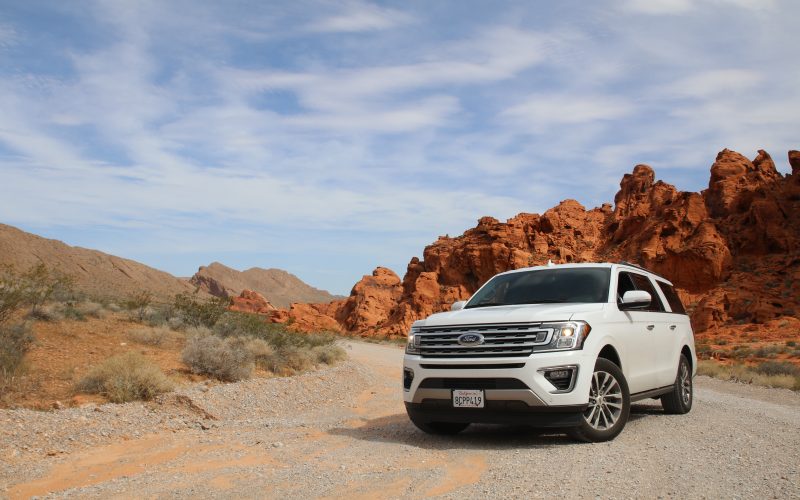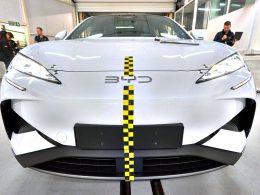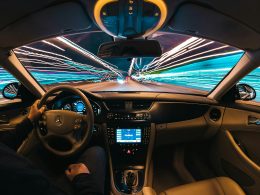When you’re on the road, you want to be able to feel safe behind the wheel. Not only do you want to watch out for your health, but your wallet as well as the average cost per slight accident can total as much as £24,960. Car safety has seen significant positive evolution, with tests for cars becoming far more robust than they ever have been before so once you’re behind the wheel, you know you’re in good hands.
The thoughts of safety can start as early as when you’re looking at car options to buy, as many modern vehicles have more refined crash protection systems than others. In this article, we’ll break down the safest cars that you can buy right now to help make your search easier. We’ll also assess how manufacturers can make cars they produce and release to the public in the future safer to reduce accident risk.
The safest cars you can buy
For crash testing cars, the Euro NCAP have been industry experts since 1997. Over the course of two and a half decades, they have established a ratings system of stars out of five for buyers to determine which vehicle is the safest for what they intend to use it for. The tests emulate real-life crashes and accident scenarios.
The vehicles are then scored on how safe adult and child occupants are in these events, as well as vulnerable road users, and finally looking at which safety features are fitted in the car and their performance. After assessing the most recent NCAP ratings for 2022, we’ve built a list of the top 10 cars with the highest star ratings for their safety performances. While this isn’t a complete list of all cars currently available, all of these were either tested or released in 2022 and they’re all available in the UK. The rankings are based on the standard safety features in the vehicle, without any of the available add-ons applied.
Coming out at the top of the list with highest ratings across the ranking categories is the Lexus NX. It boasts a lot of additional safety features installed as standard, in particular automatic emergency braking (AEB) systems as well as speed assistance and lane assist systems.
The Mercedes-Benz C-Class follows closely behind, similarly offering many safety systems that are fitted as standard to the model as well as having great ranking scores. In third is the first electric car to appear on the list, the Volvo C40 Recharge. This small off-road vehicle boasts a five-star safety rating with its large cabin and safety features aplenty.
Volkswagen are a reliable brand who appear multiple times on the list, with the Multivan taking the fifth-place spot, while the Taigo and the Polo occupy seventh and eight respectively. Kia is the only other brand to have multiple models make the list, with the EV6 placing sixth and the Sportage taking the final spot at tenth. The remaining two spots on the list go to the Cupra Born at fourth and the Renault Megane E-Tech at ninth.
The future of car safety
Car safety has improved dramatically since motor vehicles were first made available for public purchase. From the introduction of seatbelts in the 1950s when Volvo first launched the three-point seatbelt in 1959, to modern cars being able to brake when they come too close to neighbouring cars, they have gone from strength to strength.
What can be done for car safety to improve even further going forward? If we take lessons from the NCAP assessments of the safest cars currently on the market, one huge change that many manufacturers could make is to fit additional safety features into the car as standard. While this might increase the price of the vehicle slightly, the long-term benefits for customer satisfaction and safety can’t be ignored. And with 89% of UK drivers agreeing that all new cars should be fitted with life-saving safety features as standard, they may be more likely to purchase a car that provided that safety.
We may also see Advanced Driver Assistance Systems (ADAS) continue to evolve and grow at the same rate consumer technology has. Many of these systems like AEBs and lane or speed assistance rely on sensors and GPS to locate where your car is on the road, while assessing the surrounding environment. But with how fast artificial intelligence (AI) is evolving in the tech industry, we could even have a future when the traffic around you is analysed and potential accidents are predicted to help you avoid them.
In 2021, there were estimated to be almost 128,000 casualties of all severities in the UK, is a reduction of 21% from the figures spanning 2017 to 2019. One factor that could have had a huge impact in reducing the statistics around crashes is the improvement of safety features in cars, and further focus being placed on making sure new cars have these features as standard will help to reduce the numbers even more.









